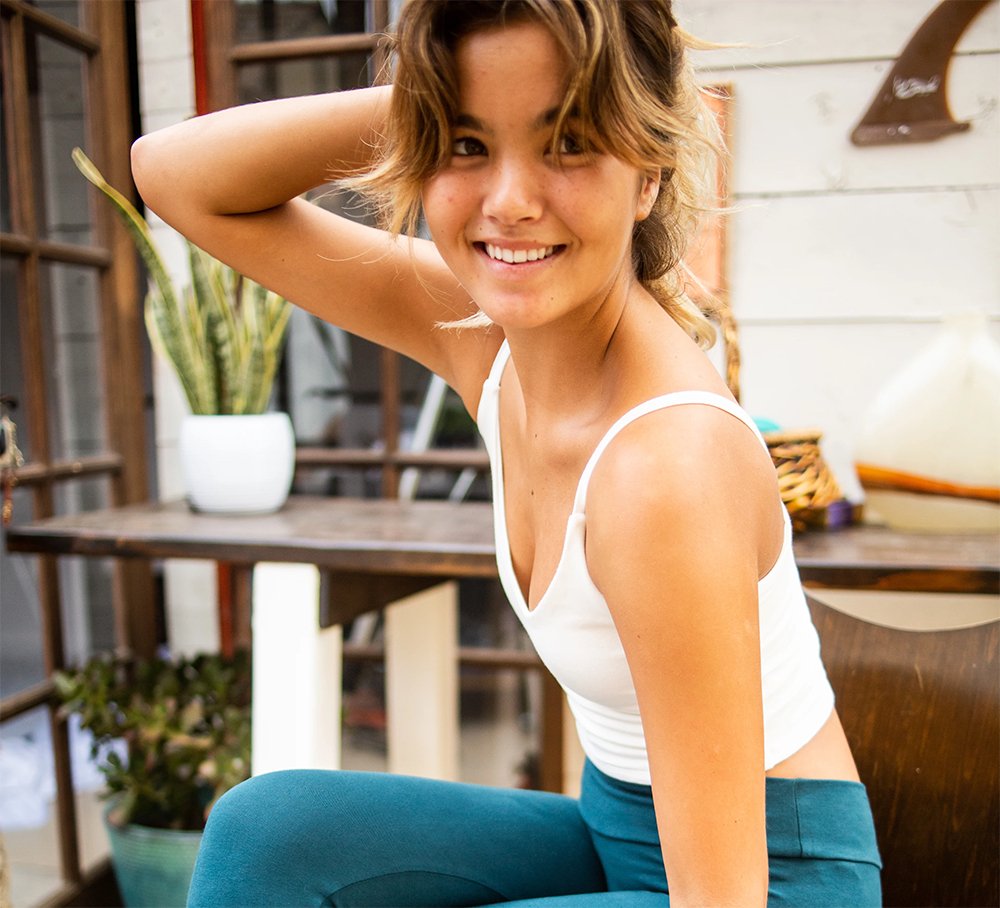
The Sustainable Choice: Enhanced Breathability of Organic Cotton
As consumers, our choices have never held more weight. In this context, the path towards sustainable fashion is more significant than ever, especially for those who value and enjoy our oceans. Let’s explore why the enhanced breathability of organic cotton positions it as an exceptional choice for sustainable fashion.
Ocean Enthusiasts, Take Note!
For lovers of the sea and marine enthusiasts, adopting sustainable fashion is a meaningful way to contribute to the well-being of the oceans. Here’s why this is important:
Protecting Marine Life: Selecting organic options helps minimize the runoff of harmful chemicals into the seas, fostering a healthier marine environment.
Reducing Microplastic Pollution: Organic cotton sheds fewer microfibers than synthetic materials, aiding in diminishing the microplastic load in our oceans.
Supporting Biodiversity: The farming of organic cotton encourages biodiversity, which is vital for the continued vibrancy and variety of marine ecosystems.
Why Organic Cotton?
Organic cotton offers several benefits that distinguish it in the realm of fashion. It’s not just beneficial for the environment but also ensures a level of comfort that is unparalleled. Here’s why:
Enhanced Breathability: The breathability of organic cotton is noteworthy. It allows for air circulation, which keeps you comfortable and cool, an essential feature for active individuals.
Moisture Wicking: Utilizing lightweight organic cotton enhances its ability to wick moisture away from your skin, ensuring that you stay fresh and dry, even in high humidity, while avoiding the moisture retention seen in thicker varieties of cotton.
Reduced Irritation: Those with sensitive skin can rejoice; organic cotton is cultivated without the use of harsh chemicals, minimizing the risk of skin irritation and allergies.
Eco-Friendly: Opting for organic cotton is a gesture of care towards the Earth. It’s cultivated without harmful pesticides and consumes less water than conventional cotton, making it a sustainable choice.
Embarking on a Sustainable Journey
Adopting sustainable fashion is about progress, not perfection. It involves making more mindful choices, one step at a time. Here are some tips to help you on this journey:
Educate Yourself: Stay informed about sustainable brands and practices. Knowledge equips you to make better choices.
Buy Less, Choose Well: Prioritize quality over quantity. While an item made of organic cotton might be pricier initially, it’s a worthwhile investment for both your wardrobe and the planet.
Recycle and Upcycle: Extend the life of your clothes by recycling them or engaging in creative upcycling projects.
For individuals who hold a deep appreciation for the ocean and nature, choosing organic cotton is a positive step forward. With its superior breathability and numerous environmental benefits, it represents a responsible and comfortable choice in fashion. Together, let’s make thoughtful decisions for a cleaner and more sustainable future.






Leave a comment
This site is protected by hCaptcha and the hCaptcha Privacy Policy and Terms of Service apply.